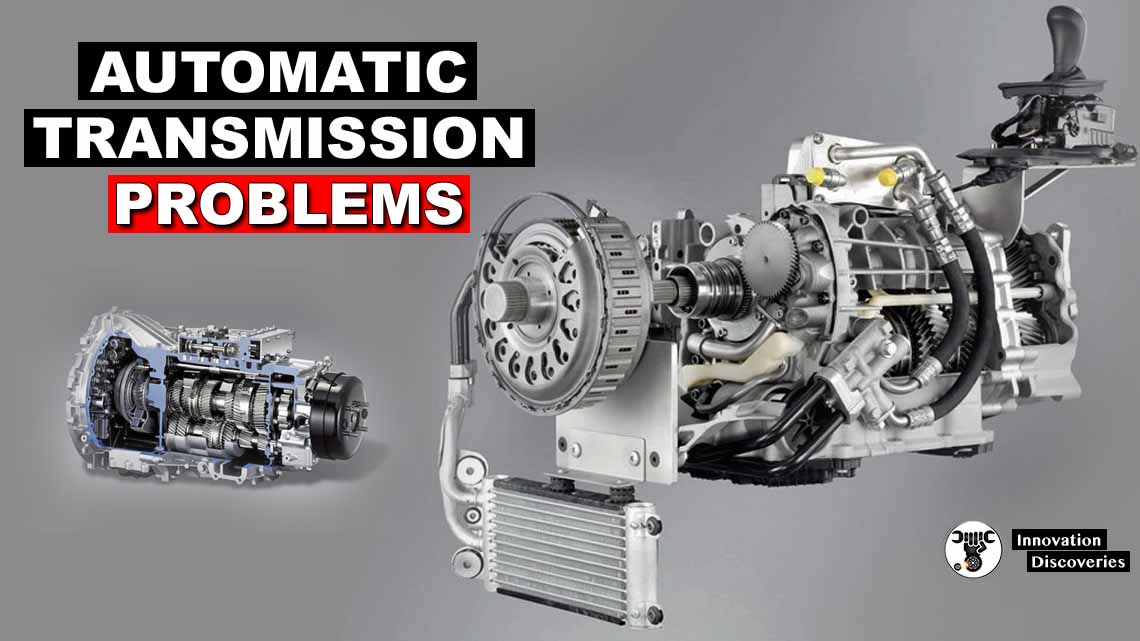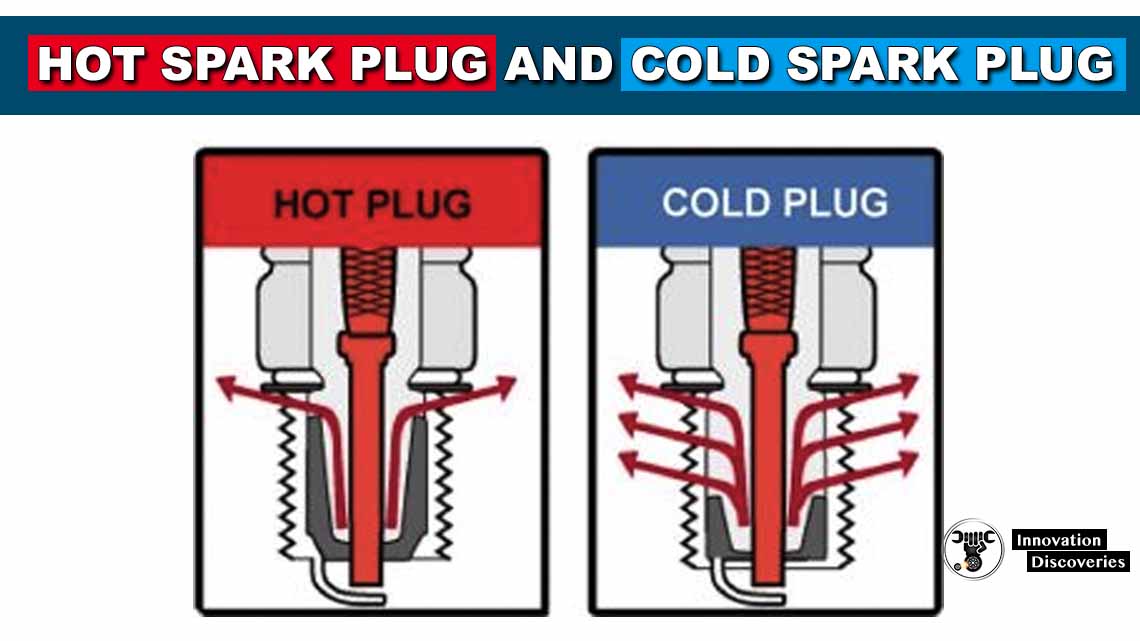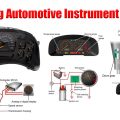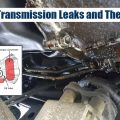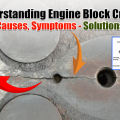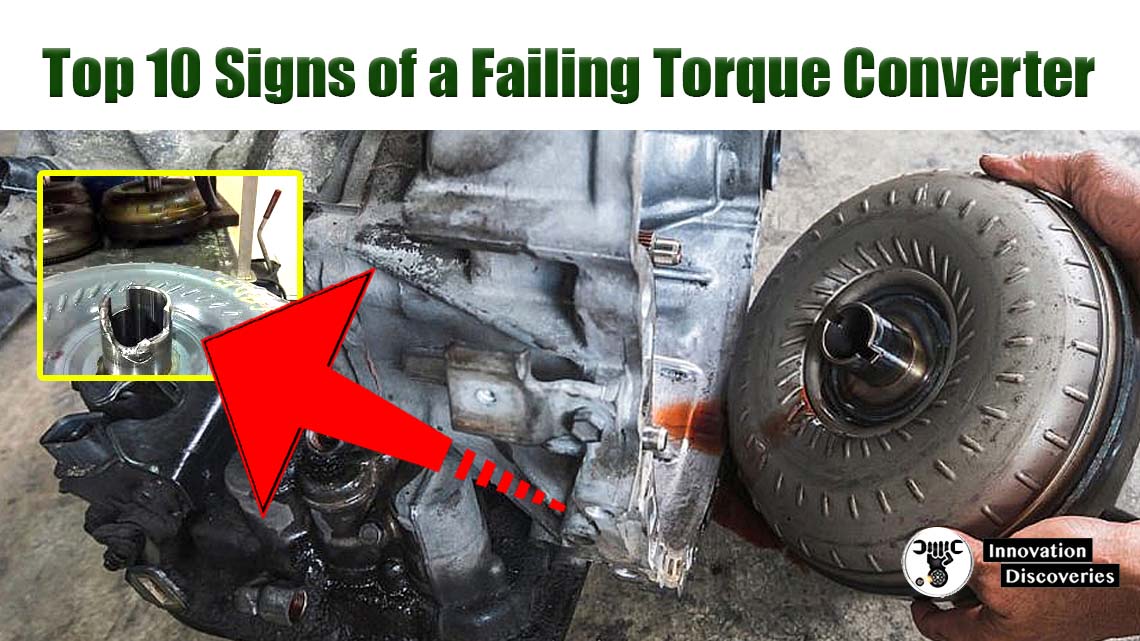
Introduction
Your vehicle’s transmission is a complex mechanical system responsible for converting the power generated by the engine into usable energy to drive your wheels.
At the heart of this system lies the torque converter, a crucial component that can, unfortunately, experience issues over time. Recognizing the signs of a failing torque converter is essential to address problems early and prevent costly transmission repairs.
In this article, we’ll explore the top 10 signs of a failing torque converter.
1. Slipping Transmission
A common and unmistakable sign of torque converter trouble is a slipping transmission. You may notice that when you accelerate, the engine revs higher than usual, but the vehicle doesn’t respond with the expected increase in speed. This indicates an inefficient transfer of power from the engine to the wheels.
2. High RPMs at Idle
A failing torque converter can cause your engine to idle at higher RPMs than usual, even when you’re not pressing the accelerator pedal. This increase in engine speed at idle can lead to reduced fuel efficiency and other issues.
3. Delayed or Rough Shifting
If your vehicle experiences delayed or rough shifting, the torque converter may be at fault. This manifests as abrupt or delayed gear changes, often accompanied by a noticeable jolt or jerk when the transmission finally shifts.
4. Overheating Transmission
A failing torque converter can generate excessive heat within the transmission due to increased friction and reduced efficiency. Overheating can lead to further damage and is often accompanied by other symptoms, such as burning smells.
5. Transmission Fluid Contamination
A burnt odor emanating from your transmission fluid is a clear indicator of trouble. This smell suggests overheating and contamination, often stemming from a malfunctioning torque converter.
6. Unusual Noise
Listen carefully to your vehicle while driving. A failing torque converter can produce unusual noises like whining, grinding, or humming, particularly when the vehicle is in gear. These sounds are often telltale signs of torque converter problems.
7. Decreased Fuel Efficiency
When your torque converter is not working efficiently, the engine may have to work harder to maintain speed, resulting in decreased fuel efficiency. If you notice a sudden drop in miles per gallon (MPG), it could be a sign of a failing torque converter.
8. Loss of Power
A noticeable loss of power, especially when accelerating or climbing hills, can be attributed to torque converter issues. The vehicle may struggle to deliver the expected performance due to an inefficient power transfer.
9. Check Engine Light (CEL)
In some cases, a failing torque converter can trigger the check engine light (CEL) to illuminate. When this happens, it’s crucial to have your vehicle’s diagnostic trouble codes read by a mechanic to pinpoint the issue.
10. Stalling or Shuddering
If your engine stalls when coming to a stop or you feel a noticeable shuddering sensation while driving, particularly at low speeds, the torque converter may be contributing to these problems.
In conclusion, a failing torque converter can lead to a variety of transmission and drivetrain issues. If you experience one or more of these signs, it’s crucial to seek the expertise of a qualified mechanic promptly.
Ignoring torque converter problems can result in more extensive and expensive transmission repairs down the road.
Timely intervention can help you avoid the inconvenience and cost of a major transmission overhaul and keep your vehicle running smoothly.
TORQUE CONVERTER: FUNCTIONS, PARTS, WORKING PRINCIPLES, AND TYPES
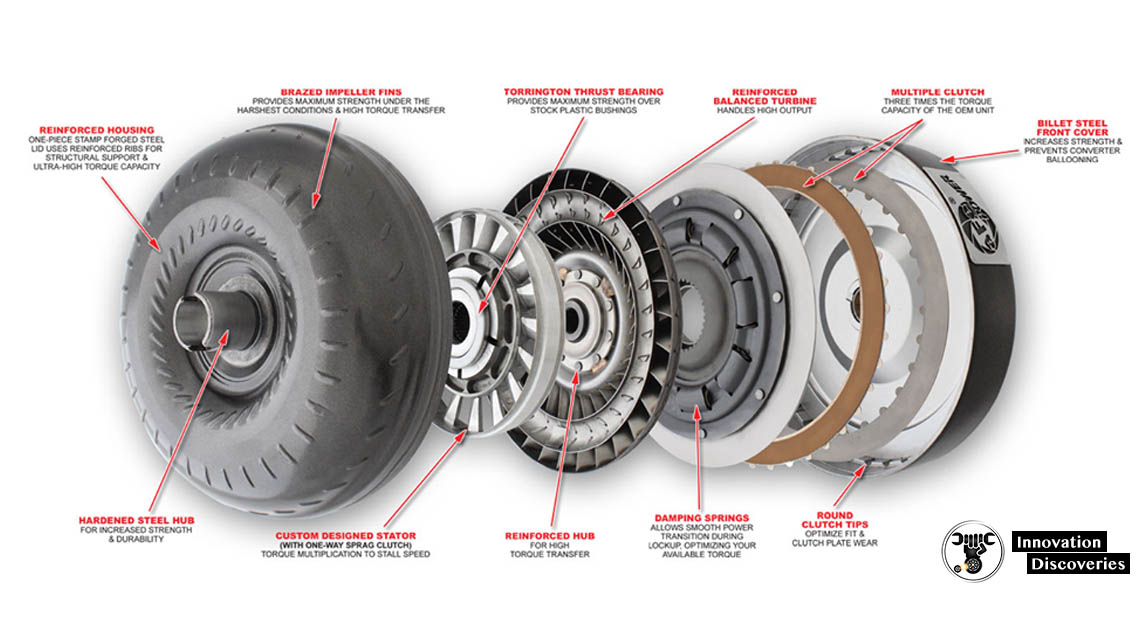
See More:
- 4 Common Symptoms of Automatic Transmission Problems
- How To Do Automatic Transmission Service Yourself?
- Automatic Transmission Valve Body Functions And Failure Symptoms
- Detecting 6 Common Automatic Transmission Problems
- Continuously Variable Transmission : Advantages and Disadvantages
Download: VALVE SELECTION HANDBOOK | PDF
Visit Forum
Visit Our Friendly Website


